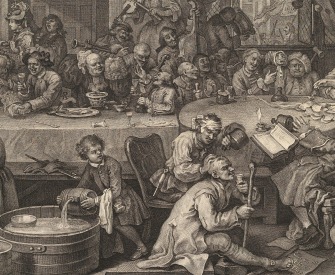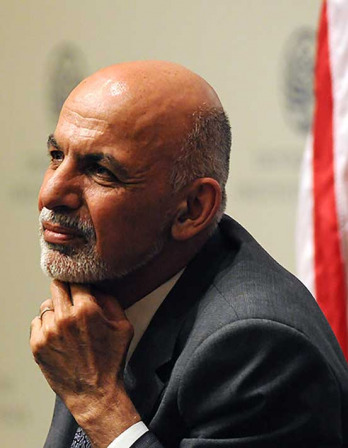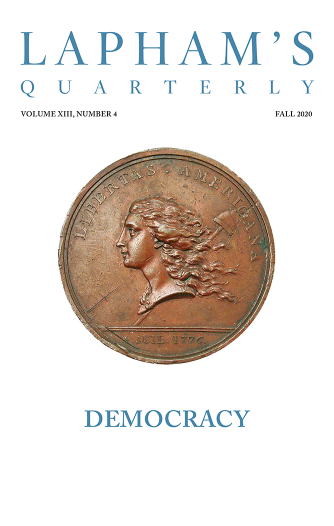For any social studies course in the required curriculum:
(1) a teacher may not be compelled to discuss a particular current event or widely debated and currently controversial issue of public policy or social affairs;
(2) a teacher who chooses to discuss a topic described by Subdivision (1) shall, to the best of the teacher’s ability, strive to explore the topic from diverse and contending perspectives without giving deference to any one perspective;
(3) a school district, open-enrollment charter school, or teacher may not require, make part of a course, or award a grade or course credit, including extra credit, for a student’s:
(a) political activism, lobbying, or efforts to persuade members of the legislative or executive branch at the federal, state, or local level to take specific actions by direct communication; or
(b) participation in any internship, practicum, or similar activity involving social or public policy advocacy; and
(4) a teacher, administrator, or other employee of a state agency, school district, or open-enrollment charter school may not:
(a) be required to engage in training, orientation, or therapy that presents any form of race or sex stereotyping or blame on the basis of race or sex;
(b) require or make part of a course the concept that:
(i) one race or sex is inherently superior to another race or sex;
(ii) an individual, by virtue of the individual’s race or sex, is inherently racist, sexist, or oppressive, whether consciously or unconsciously;
(iii) an individual should be discriminated against or receive adverse treatment solely or partly because of the individual’s race;
(iv) members of one race or sex cannot and should not attempt to treat others without respect to race or sex;
(v) an individual’s moral character, standing, or worth is necessarily determined by the individual’s race or sex;
(vi) an individual, by virtue of the individual’s race or sex, bears responsibility for actions committed in the past by other members of the same race or sex;
(vii) an individual should feel discomfort, guilt, anguish, or any other form of psychological distress on account of the individual’s race or sex;
(viii) meritocracy or traits such as a hard work ethic are racist or sexist or were created by members of a particular race to oppress members of another race;
(ix) the advent of slavery in the territory that is now the United States constituted the true founding of the United States; or
(x) with respect to their relationship to American values, slavery and racism are anything other than deviations from, betrayals of, or failures to live up to the authentic founding principles of the United States, which include liberty and equality; and
(c) require an understanding of the 1619 Project.
From Texas House Bill 3979, “An Act Relating to the Social Studies Curriculum in Public Schools.” Legal scholar Kimberlé Williams Crenshaw has defined critical race theory as “a way of seeing, attending to, accounting for, tracing, and analyzing the ways that race is produced.” A year after Donald Trump’s executive order banning any implication that “our most venerable institutions are inherently sexist and racist” from teaching materials, Texas state representative Steve Toth introduced this bill. Texas governor Greg Abbott noted that it was “a strong move” but “more must be done.”
Back to Issue




